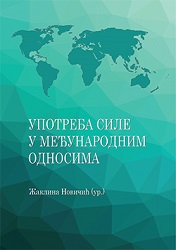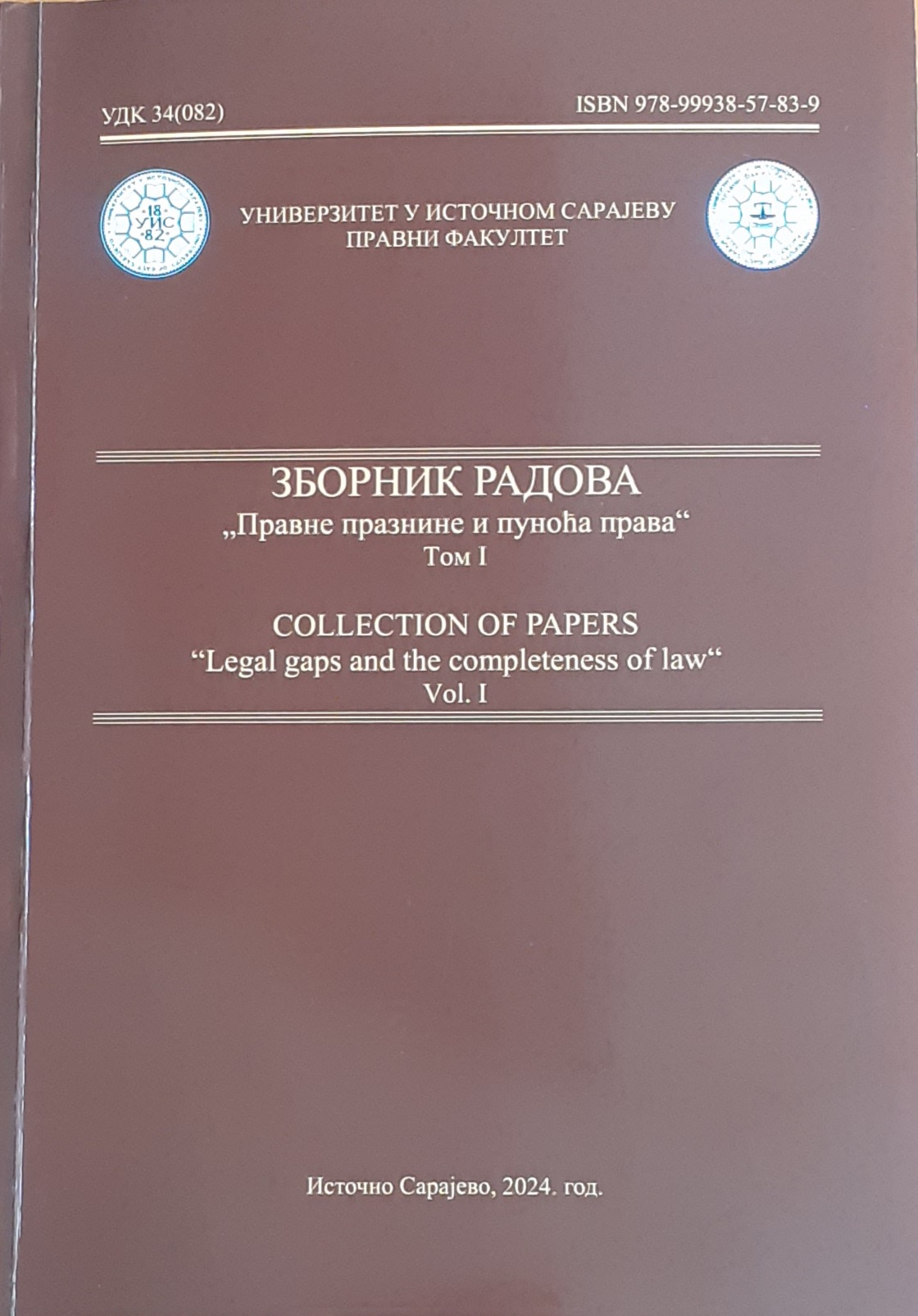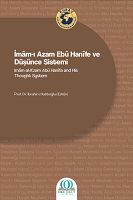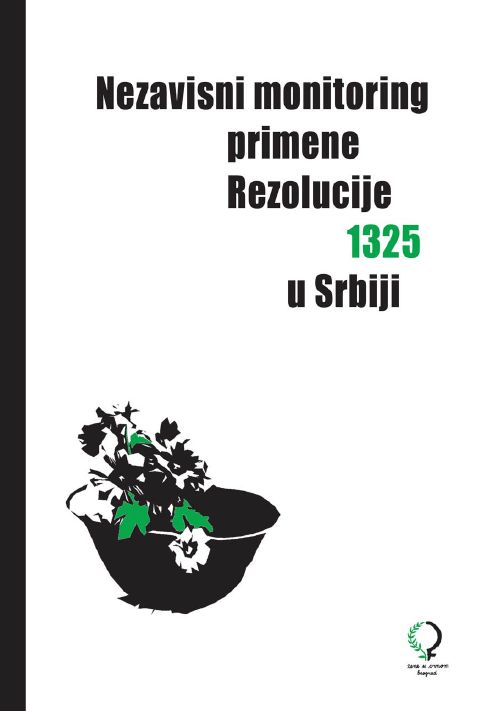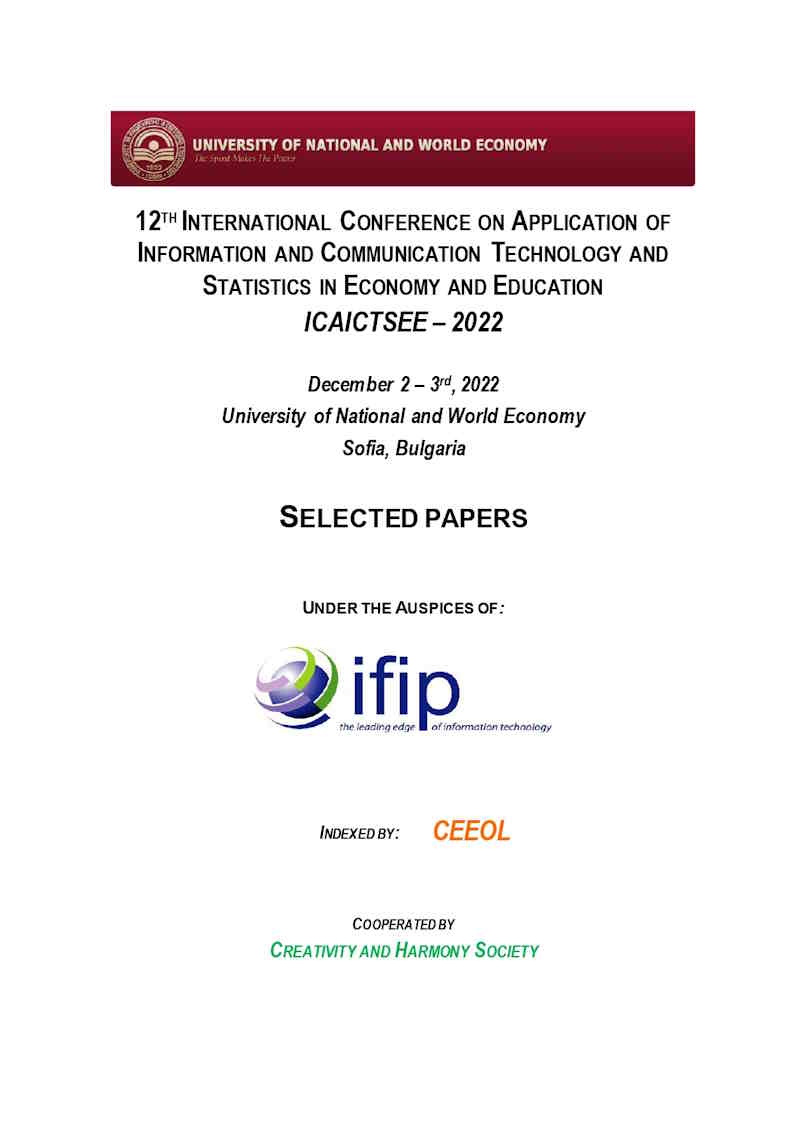
Právo alebo milosrdenstvo? Domovská príslušnosť ako základný princíp sociálnej starostlivosti v Uhorsku.
Domovská príslušnosť, respektíve domovské právo, predstavuje zdanlivo parciálny pojem z dejín štátu a práva, ktorý súvisí so špecifickou problematikou štátnej príslušnosti a obecnej samosprávy. Podrobnejšie štúdium však odhaľuje, že problém domovskej príslušnosti bol nerozlučne zviazaný s organizáciou systému sociálnej starostlivosti, respektíve chudobinstva, a to osobitne v dlhom 19. storočí, počas ktorého sa uskutočnili podstatné reorganizácie správy a spôsobu starostlivosti o chudobu. Príslušnosť k domovskej obci sa stala základným princípom v systéme sociálnej starostlivosti v Uhorsku, hlavným výberovým kritériom, na základe ktorého miestna (obecná či mestská) samospráva rozhodovala, komu udelí sociálnu výpomoc alebo dlhodobejšiu podporu. Zásada, že bezprostrednú sociálnu výpomoc má núdznemu poskytnúť jeho domovská obec, bola v Habsburskej monarchii legislatívne zakotvená prinajmenšom od 16. storočia, ale až v druhej polovici 19. storočia sa stala súčasťou zákona o obciach ako povinnosť obcí, z čoho pre obyvateľov vyplývala nárokovateľnosť na tento druh pomoci. Domovské právo podľa ustanovení zákona malo totiž zaručovať právo na nerušený pobyt v obci, a v prípade sociálnej núdze aj sociálnu výpomoc respektíve starostlivosť zo strany obecnej samosprávy.
More...


